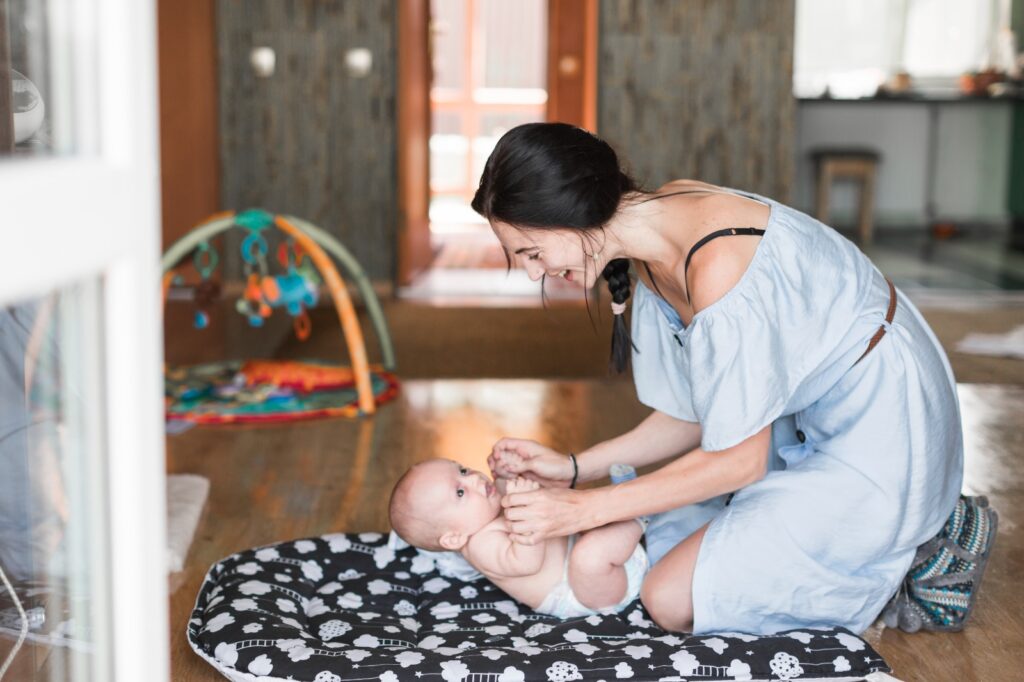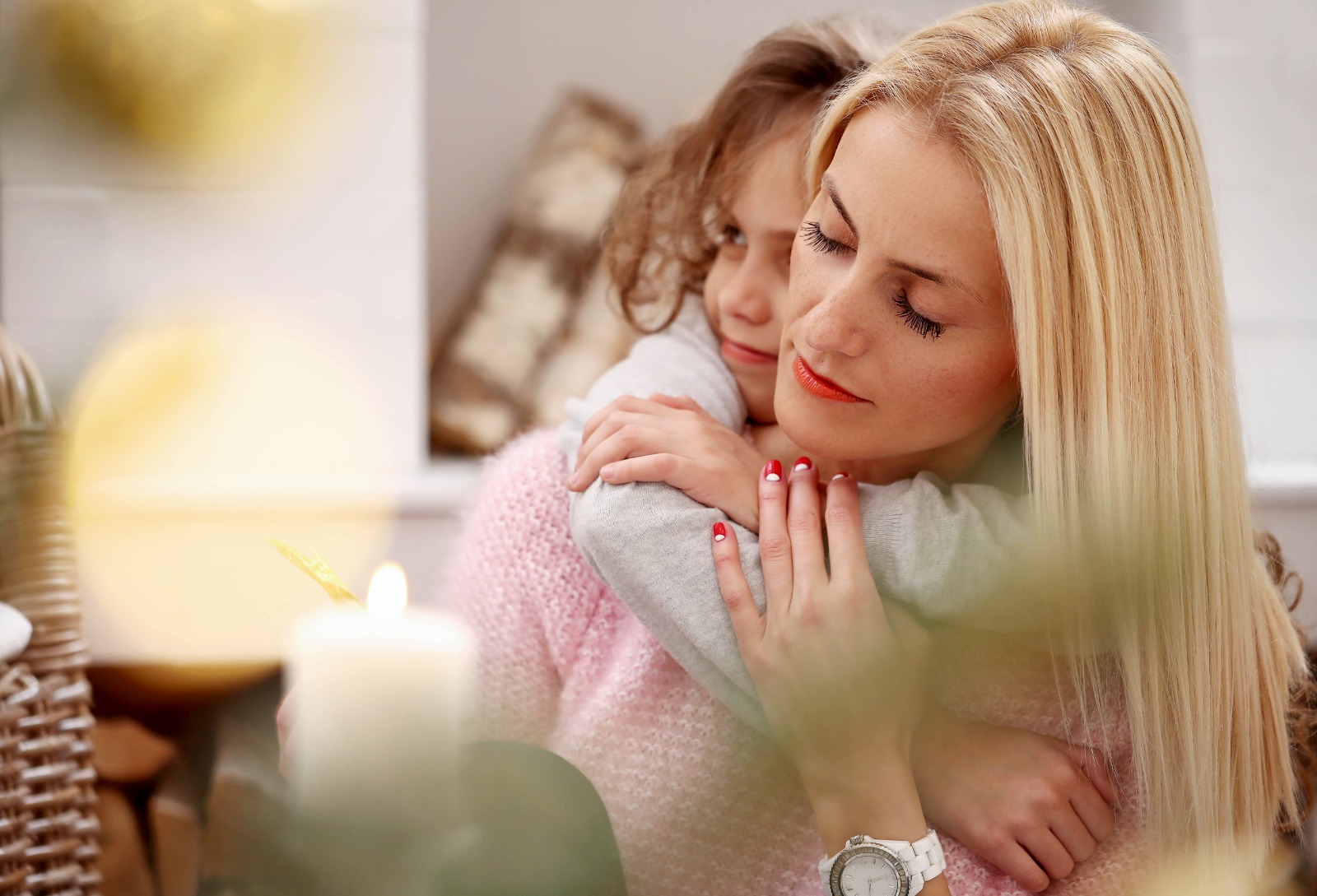Emergencies can strike at any time, and being ready is super important, especially for single mothers who might not have help right away. This guide gives you essential tips to help you create a strong single mother emergency plan, so you and your kids can handle any situation confidently.
Understanding the Importance of an Emergency Plan
Why Single Mothers Need a Specific Plan
As a single mother, you are the main caretaker and decision-maker for your family. This big responsibility means that having a detailed single mother emergency plan is important. Emergencies can be natural disasters like earthquakes and floods or personal crises like medical emergencies. By planning ahead, you can protect your family and reduce the stress and confusion that often come with these events.
Key Components of an Emergency Plan
A good single mother emergency plan should include several key things. First, keep a list of important phone numbers, including family members, friends, neighbors, and local emergency services. Clearly define and practice escape routes for safely getting out of your home. Choose safe spots where you can reunite with your children if you get separated. Finally, establish ways to stay in touch with family and friends if phones aren’t working.
Gathering Emergency Resources
Single Mom Emergency Resources
Having the right resources can make a big difference during an emergency. Know where nearby shelters are and their rules about kids. Learn about community organizations that offer support during emergencies, including food, clothing, and shelter. Also, understand government programs that provide financial aid and other help during crises.
Creating an Emergency Kit
An Emergency Kit Essentials list should include water (at least one gallon per person per day for three days) and non-perishable food that’s easy to prepare. First aid supplies like bandages, antiseptics, and medications are crucial. Make sure you have tools and supplies such as a flashlight, batteries, multi-tool, whistle, and local maps. Include personal items like important documents, cash, and hygiene items.
Ensuring Child Safety
Child Safety Measures
Child Safety Measures are critical in any emergency. Teach your children their full name, your name, and contact information. They should know how to dial emergency numbers and what to do if they get lost. Regularly practice emergency drills for different scenarios like fire, earthquake, and lockdown situations. Keep up-to-date photographs and information about your children, including any medical needs.
Home Safety Tips
Securing heavy furniture to prevent tipping during an earthquake is essential. Install safety devices like smoke detectors, carbon monoxide detectors, and fire extinguishers, and check them regularly. Make sure your home is safe for young children by securing sharp objects, covering electrical outlets, and keeping hazardous materials out of reach.
Financial Preparedness
Budgeting for Emergencies
Financial stability is a cornerstone of being ready for emergencies. Aim to save three to six months’ worth of expenses in an easy-to-access savings account. Make sure you have enough health, home, and life insurance to cover possible emergencies. Keep copies of important documents like insurance policies, bank information, and IDs in a safe, waterproof container.
Accessing Financial Aid
In tough times, single mom emergency resources can include financial help from different places. Many non-profits offer financial help, food, and other resources during emergencies. Check out programs like FEMA, SNAP, and local assistance programs that provide support during disasters. If things get really hard, you can use crowdfunding platforms to raise money for immediate needs.
Mental Health and Emotional Well-being
Coping Strategies
Dealing with emergencies can be hard emotionally, especially for single mothers. Stay in touch with friends, family, and support groups to share your experiences and feelings. Get help from mental health professionals if needed; lots of organizations offer free or low-cost counseling. Make sure to do self-care activities that help you relax and recharge, like exercise, meditation, or hobbies.
Supporting Your Children
Kids can be especially vulnerable during emergencies. Encourage your children to express their feelings and fears and listen to them carefully while giving reassurance. Try to keep regular routines to make them feel safe. If needed, get help from child psychologists or counselors who know about trauma and grief.
Building a Support Network
Community Connections
Having a strong support network is super crucial for single mothers. Get to know your neighbors and exchange contact info since they can help during emergencies. Join local parent groups, community organizations, and emergency preparedness workshops. Connect with online forums and social media groups for single mothers to share tips, resources, and support.
Family and Friends
Find supportive people among your family and friends who can help you in times of need. Talk about your single mother emergency plan with them and assign specific roles or tasks they can help with during an emergency. Keep in regular contact to strengthen these relationships and make sure they know your needs.
Special Considerations for Single Mothers
Unique Challenges
Being a single mom comes with its own set of challenges during emergencies. Without a partner, you’re the one making all the decisions and taking care of everything, which can be hard. Money and time limits might make it tough to prepare a lot, so it’s even more important to plan well and use the resources you have.
Overcoming Challenges
To deal with these challenges, get help from community resources, government programs, and charities. Managing your time is vital; break down tasks into smaller steps so you don’t feel overwhelmed. Focus on building your strength by taking care of yourself, managing stress, and staying positive.
Getting ready for emergencies is important for everyone, but it’s especially crucial for single mothers. By making a complete single mother emergency plan, gathering single mom emergency resources, ensuring child safety measures, and building a strong support network, you can protect your family and handle crises with more confidence. Remember, being prepared is something you keep working on, so review and update your plans often to make sure they stay effective.
Taking steps today can make a big difference in keeping your family safe and well tomorrow. Stay informed, stay prepared, and stay safe.




